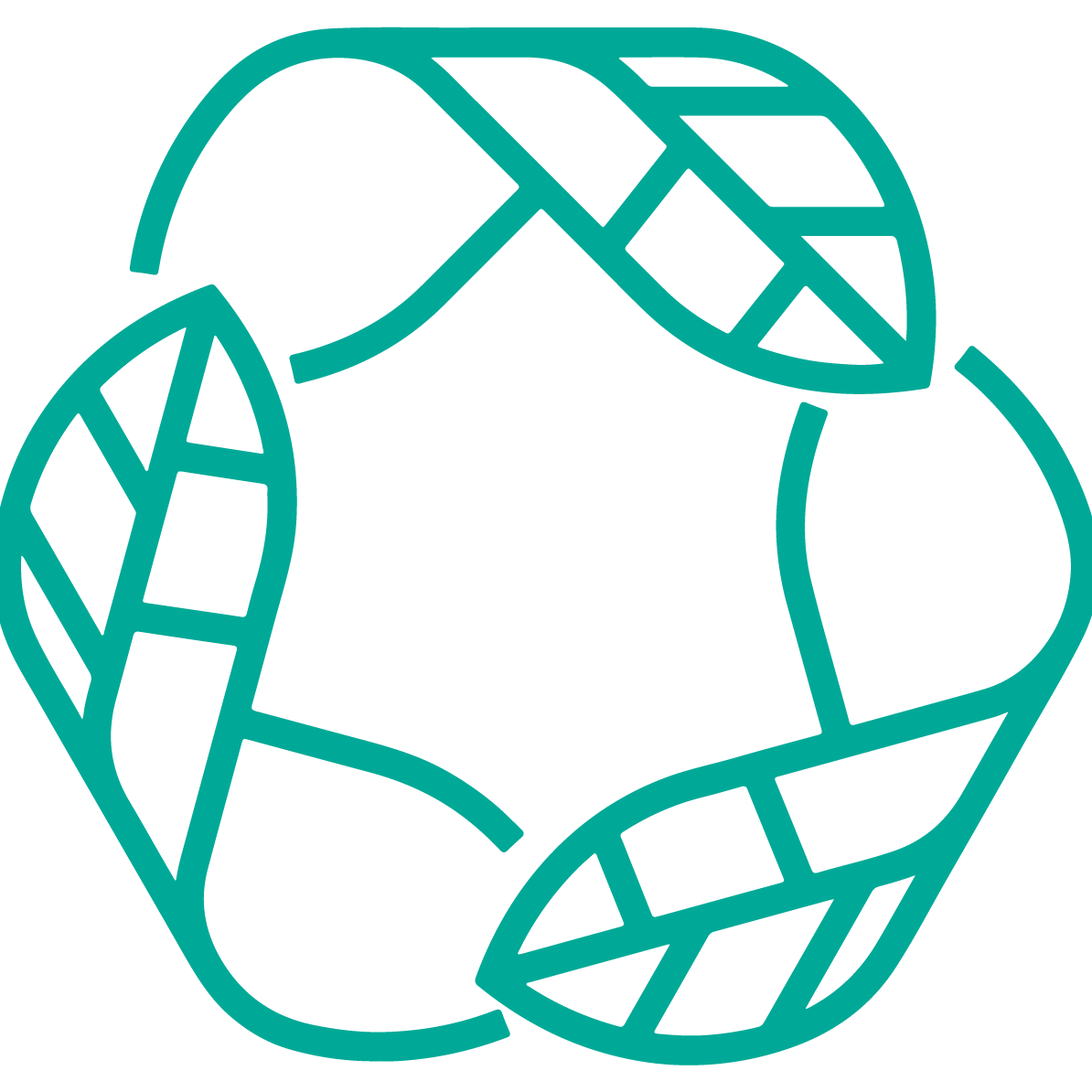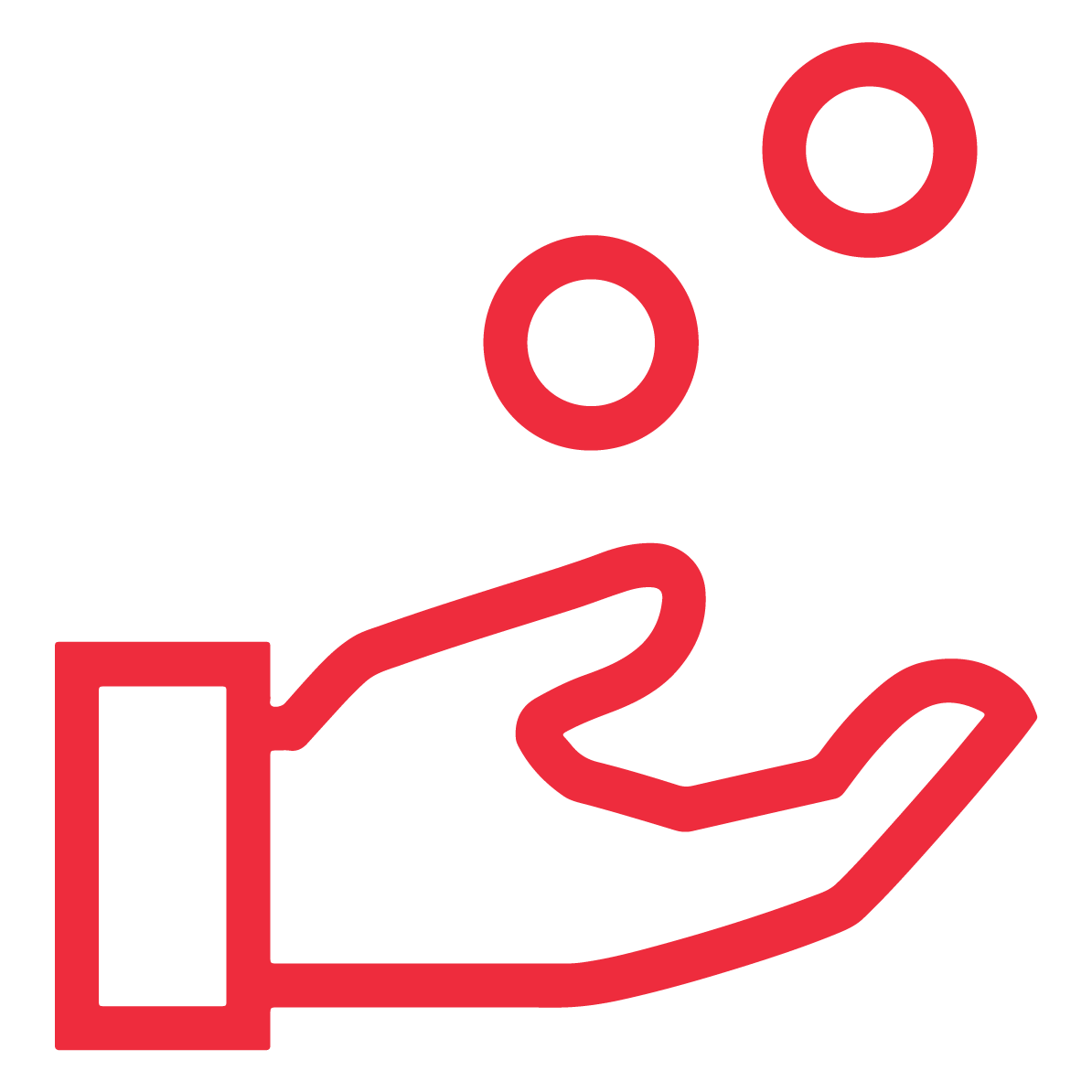Summary
Since 2015, Lebanon has been suffering from a solid waste crisis. As part of the joint UN-Habitat project entitled “Frontier Technologies Transforming WASTE to WEALTH”, the Ministry of Environment in coordination with UN-Habitat Lebanon are distributing eleven Reverse Vending Machines (RVM) to various physical social spaces in strategic selected cities across Lebanon. RVMs are devices that accept used empty containers—including metal, plastic or glass—and returns call credit to the user.
Background and Objective
Since 2015, Lebanon has been suffering from a solid waste crisis. There is no serious country-wide effort to recover raw materials from the generated solid waste. UN-Habitat considers that sorting at source is the cornerstone of a good and comprehensive solid waste management practice. Lebanon currently produces about 6,500 tons of municipal solid waste (MSW) per day, composed of about 52.5% organic matter; 36.5% paper, cardboard, plastic, metal and glass; and 11% inert and other materials. Waste is currently disposed of as follows: about 50% in uncontrolled dumpsites (about 940 dumpsites); about 35% in sanitary landfills (Bourj Hammoud, Ghadir River estuary, and Zahle); and the remaining waste (about 15%) undergo material recovery, sorted into recyclable or reusable materials (paper and cardboard, plastic, metal, glass, etc.) or converted into organic soil enhancer/fertilizers in approximately 50 facilities across the Lebanese territories. The Ministry of Environment (MoE) has recently developed a new Integrated Solid Waste Management Strategy. Based on this Strategy, UN-Habitat decided to test it by implementing sorting at source in 4 municipalities (Chhim, Sibline, Ainab and Baskinta). Over and above this promising initiative, the MoE in coordination with UN-Habitat Lebanon are distributing eleven Reverse Vending Machines (RVM) to various physical social spaces in strategic selected cities across Lebanon in order to increase the value of recycling for the host and the user. This project will recover as much recyclable waste as possible aiming towards a circular economy. UN-Habitat’s theory of change is to recover raw material; work with the MoE and municipalities to reduce, renew, replace, reuse and recycle recyclable waste; limit landfilling and save the environment.
Actions and Implementation
The cities were chosen and agreed on by the MoE in close coordination with the municipalities and the community, also based on the areas’ close proximities to recycling facilities. The MoE signed an agreement with Lebanese telecommunication services (Alfa and Touch) in coordination with UN-Habitat in order to realize the transformation of waste to call credit. Post-distribution, the MoE will be hosting an online competition on their website to select the most frequently used RVM amongst all distributed ones. If one RVM or more are not being used properly, the Ministry will relocate the device elsewhere. Full ownership of these RVMs will be granted to the municipalities who will be responsible for the devices’ operation and maintenance (O&M), moreover, proper care for the RVMs is appropriated by the community in which the devices are located in.
Outcomes and Impacts
Both the procurement process for the RVMs and the call credit remuneration agreement between the MoE and the Ministry of Telecommunications (MoT) are ongoing. The RVMs’ expected delivery date is during the last week of November since they are not produced locally and are being shipped from abroad. The MoE’s RVM dashboard layout is in its design phase and should be online on the Ministry’s website and fully functional upon RVMs distribution. Also, a capacity building program—targeting the Municipal Council and the Municipal Police—on the O&M of these devices is being developed. This initiative aims at compensating the users with call credit; hence it is a highly desired device by marginalized and disadvantaged groups.
Sustainability and Scalability
To scale up the project’s solid waste management benefits one can start by distributing RVMs in various cities and neighbourhoods across Lebanon. RVMs can be placed in all sorts of public social spaces, both rural and urban.
Gender and Social Inclusivity
A capacity building program—targeting the Municipal Council and the Municipal Police—on the O&M of these devices is being developed.
Innovative Initiative
This project involves the municipalities in the sorting at source process while also raising awareness to the community as a whole. RVMs are innovative automated machines that utilize advanced technology to identify, sort, collect and process used beverage containers.
Resources devoted to delivery
Every RVM costs USD 12,000 which includes the device’s price and installation fees. Moreover, in kind contribution: the municipality will cover costs for O&M and the MoE will cover monitoring costs mainly for website editing/updating. The municipalities’ costs coverage for O&M measures would be generated/profited from the recycling companies based on the below prices (depending on quality): Cost per ton of Plastic: around USD 100–170 (Baldati, 2018); Cost per ton of Glass: around USD 50–60 (ibid); Cost per ton of Metal: around USD 600.
Region
Middle East and North Africa
Award Scheme
Others
Themes
Waste Management
Start Year
Sustainable Development Goals
Goal 9 - Build resilient infrastructure, promote inclusive and sustainable industrialization and foster innovation
New Urban Agenda Commitments

